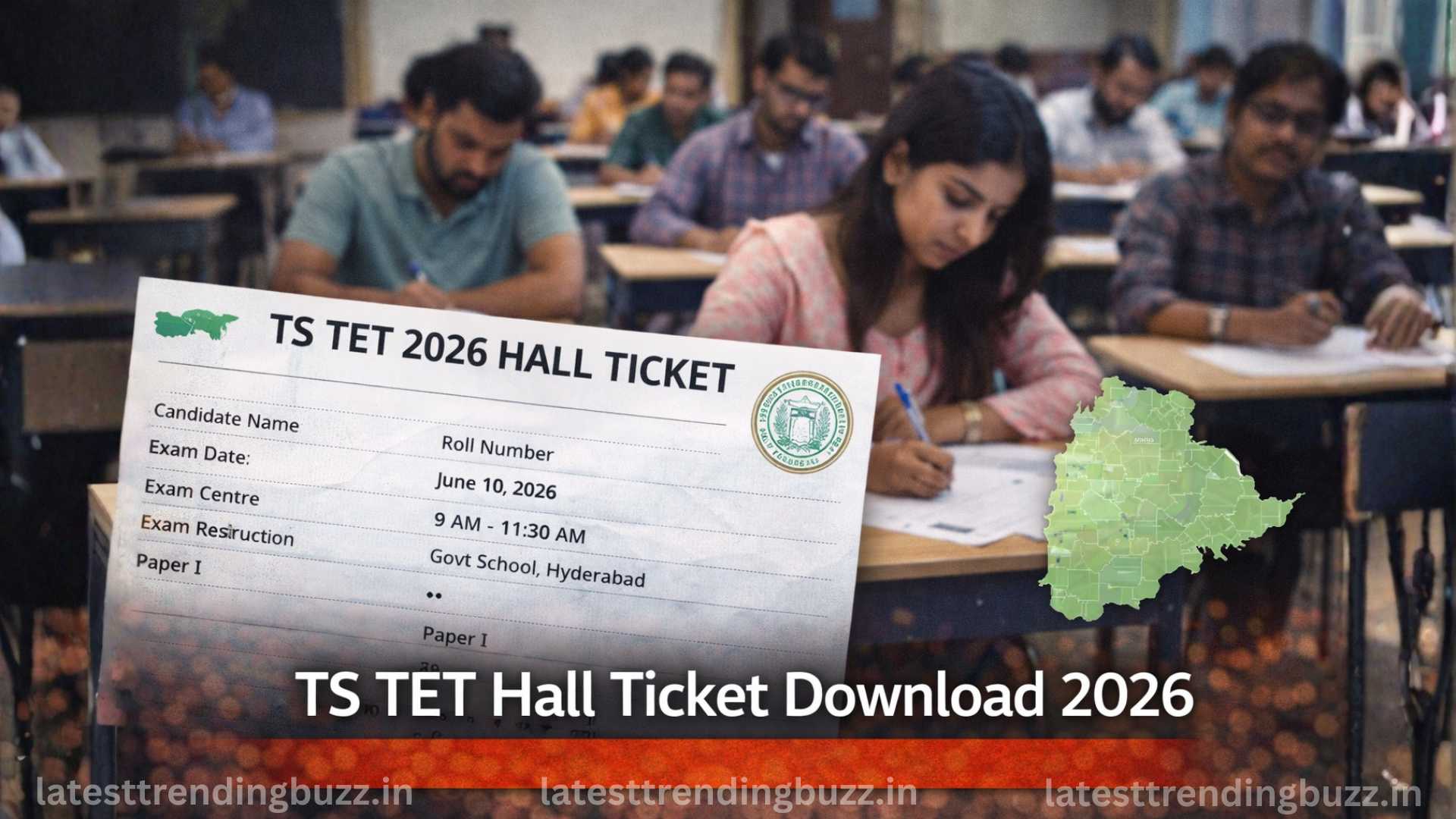By 2030, India’s workforce will look nothing like it does today.
Artificial Intelligence, automation, and digital transformation are reshaping industries faster than ever. While new job opportunities are emerging, many traditional ones are slowly vanishing.
Welcome to the era of Indian Jobs 2030 latest, where technology is rewriting the rules of employment. From factory floors to call centers, the impact of AI and robotics is undeniable.
But here’s the big question — which Indian jobs won’t survive the next decade? Let’s uncover the seven professions that are on the brink of extinction and understand why it’s time to skill up for the future.
Why Indian Jobs 2030 latest Are Changing So Fast
India’s economy is at a massive transition point. With over 500 million workers and one of the world’s youngest populations, the pace of change is incredible — and disruptive.
According to a NASSCOM 2025 report, nearly 30% of existing roles will evolve or disappear by 2030 due to automation.
What’s driving this shift?
- 🤖 AI & Machine Learning: Replacing repetitive tasks in offices and factories.
- 🌐 Digital Transformation: Moving businesses online, reducing physical roles.
- 🧠 Smart Analytics: Automating decision-making once done by humans.
- 💸 Cost Efficiency: Companies preferring machines that don’t sleep or make errors.
The Indian Jobs 2030 latest trend shows that it’s not just low-skill jobs at risk — even white-collar roles are being automated.
Current Scenario: AI’s Impact on India’s Workforce
India is the world’s tech outsourcing hub. But as AI becomes mainstream, even traditional outsourcing and BPO work are changing.
Here’s what the Indian Jobs 2030 latest report highlights:
- 📉 20% of IT support jobs are already replaced by AI chatbots.
- 🏭 Factory automation has reduced manual labor in major industrial belts.
- 📞 Voice bots are replacing call center executives.
- 📋 Clerical roles are vanishing in both government and private sectors.
This doesn’t mean India’s job market is doomed — it means reskilling is essential.
7 Indian Jobs That Will Disappear by 2030
Let’s look at the professions most at risk — and what will replace them.
1. Data Entry Operators
Once one of the most common roles in India, data entry is almost entirely automated today.
AI tools and OCR software can extract, clean, and process information faster and cheaper than humans.
Why It’s Disappearing:
- Automation tools like UiPath and Zapier handle repetitive typing tasks.
- AI accuracy is over 98%, far higher than manual entry.
What Replaces It:
Data analytics and AI supervision — people who can train and monitor these systems.
Also Read: How Gen Z Indians Are Earning Lakhs from Digital Collectibles (NFT 2.0)
Relevance in Indian Jobs 2030 latest: Near extinction.
2. Telemarketing and BPO Call Agents
The backbone of India’s outsourcing industry is now under threat. AI voice assistants can make sales calls, handle complaints, and even detect emotion.
Why It’s Disappearing:
- AI speech models can mimic human tone and emotion.
- Companies prefer 24/7 automated call systems.
What Replaces It:
AI customer experience designers and chatbot trainers.
Relevance in Indian Jobs 2030 latest: Rapidly declining.
3. Bank Clerks and Cashiers
Bank branches across India are going digital. ATMs, UPI, and AI chatbots now handle transactions, queries, and balance checks.
Why It’s Disappearing:
- 90% of transactions have shifted online.
- Fintech apps make manual bank work obsolete.
What Replaces It:
Blockchain auditors, AI finance analysts, and cybersecurity professionals.
Relevance in Indian Jobs 2030 latest: High risk.
4. Travel Agents
With AI tools like Google Flights and MakeMyTrip AI Assistants, travelers no longer need human agents. Personalized recommendations are generated in seconds.
Why It’s Disappearing:
- AI offers cheaper, faster, and personalized travel planning.
- Customers prefer self-service booking apps.
What Replaces It:
AI-based tourism consultants and virtual experience designers.

Relevance in Indian Jobs 2030 latest: Almost gone.
5. Retail Cashiers and Billing Staff
Self-checkout kiosks and digital payments have made cashiers nearly redundant in urban India. Retail chains and supermarkets are embracing automation.
Why It’s Disappearing:
- Digital payment systems like UPI and QR reduce human touchpoints.
- AI billing systems detect items and charge automatically.
What Replaces It:
Retail data analysts and AI inventory managers.
Relevance in Indian Jobs 2030 latest: Very high risk.
6. Factory Assembly Workers
Manufacturing is changing rapidly with robotics, IoT, and 3D printing. Factories in Pune, Chennai, and Noida are already using robots for assembly lines.
Why It’s Disappearing:
- Automation improves speed and precision.
- Robots work longer with fewer errors.
What Replaces It:
Robot maintenance engineers and automation supervisors.
Relevance in Indian Jobs 2030 latest: Declining sharply.
7. Typists and Office Clerks
In the age of AI assistants like Microsoft Copilot and ChatGPT, typing and documentation are no longer manual tasks.
Why It’s Disappearing:
- Speech-to-text and auto-documentation tools replace clerical work.
- Digital records reduce paperwork.
What Replaces It:
Knowledge managers and digital documentation analysts.
Relevance in Indian Jobs 2030 latest: Obsolete by 2030.
Also Read: Top Side Hustles That Actually Work in India 2025
Expert & Industry Insights
“AI won’t take away your job — but someone who knows AI will,” says Rajesh Nair, CEO of an HR analytics firm.
“India’s employment challenge isn’t lack of jobs, but lack of skills. Indian Jobs 2030 latest will belong to those who can work with technology, not against it,” adds Ritu Sharma, Head of Workforce Future Lab, Bengaluru.
According to PwC India, by 2030, 60% of new roles will require digital literacy, AI familiarity, and problem-solving skills — areas where most Indian workers still lag.
Challenges and Reality Check
While automation brings efficiency, it also creates displacement. India faces a major skill gap in the coming years:
- ⚖️ Skill Mismatch: Many workers still lack AI or digital education.
- 💻 Access Inequality: Rural India risks being left behind.
- 🧠 Adaptation Time: Traditional industries are slower to reskill.
- 📊 Policy Delay: Education systems are not yet updated for future skills.
For Indian Jobs 2030 latest, the challenge isn’t survival — it’s transformation.
Future Outlook: Jobs That Will Replace Them
By 2030, entirely new roles will dominate India’s job market. Here’s what’s emerging:
- AI Trainers and Ethics Managers
- Cybersecurity Analysts
- Robotics Technicians
- Green Energy Engineers
- Virtual Reality Designers
- Data Privacy Consultants
- Digital Educators
The Indian Jobs 2030 latest report predicts that over 85 million new roles will be created globally in emerging technologies — and India will be a key contributor.
FAQs
Q1: What are the Indian Jobs 2030 latest predicted to disappear?
A: Data entry, telemarketing, factory assembly, and cashier roles are most at risk due to automation.
Q2: Will AI cause unemployment in India?
A: AI will replace repetitive jobs but also create new opportunities in tech, analysis, and design.
Q3: Which industries will be safe by 2030?
A: Healthcare, education, creative industries, and AI development are expected to grow.
Q4: How can I prepare for Indian Jobs 2030 latest trends?
A: Learn digital skills, coding, data literacy, and creative problem-solving.
Q5: Will rural India also face job loss?
A: Yes, but slower — automation will reach urban industries first, then expand outward.
Conclusion / Final Word
The future of work is not about losing jobs — it’s about changing them. The Indian Jobs 2030 latest trend shows that repetitive, low-skill roles are fading, but new digital and creative roles are emerging rapidly.
If India can upskill its youth now, it can turn this challenge into the biggest employment opportunity of the century.
Adaptation is no longer optional — it’s survival. The question is: will you be replaced by AI, or will you train it?
Disclaimer
This blog is for informational and educational purposes only. Data, trends, or forecasts may change with time. Readers are advised to verify details from official or trusted sources before making conclusions or decisions.














